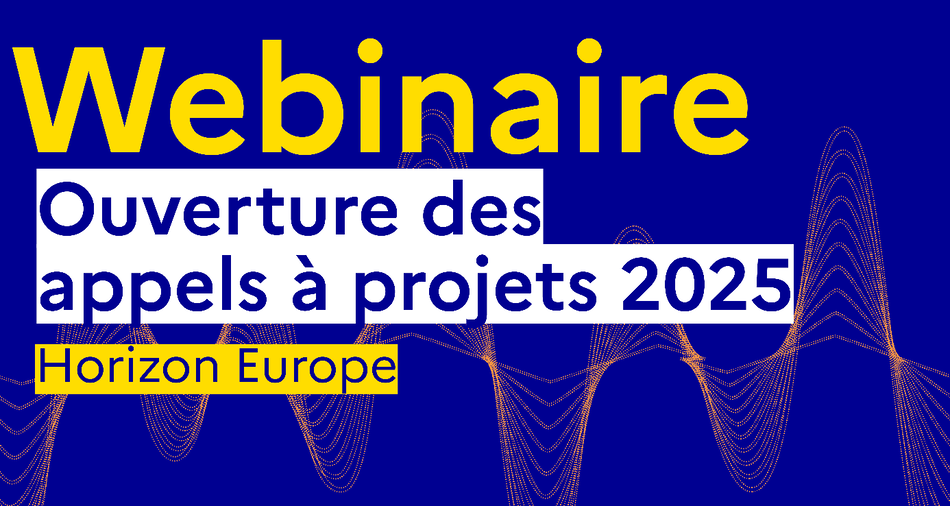Expected Outcome:
In line with the European Green Deal, the European Commission aims at more sustainable food systems that reduce their negative impact on climate change and biodiversity loss, while ensuring that farmers and consumers can benefit from it and our long-term food security and public health. Successful proposals will advance analytical capacity and tools to support future evidence-based policies to accelerate the transition to sustainable food systems. While the focus is on agri-food policies, European Green Deal actions relating to climate and environment should also be integrated in the assessment/approaches where relevant.
Project results are expected to contribute to all of the following expected outcomes:
- Improved analytical capacity and tools (including models) to assess short-term and long-term impacts of future EU agri-food policies on food systems (and on their actors);
- Enhanced evidence-based knowledge supporting analysis and design of agri-food policies.
Scope:
Various studies recently published, analysed the possible effects of some elements of the farm to fork and biodiversity strategies on EU agriculture[1]. The studies provide both the scientific community and policymakers with a valuable insight on the choice of policy tools to minimize trade-offs and maximise synergies between the impacts. However, the models used in the studies all have their limitations. They do not comprehensively address all the components of the European Green Deal in order to adequately support policy analysis. In view of that, the proposals should address these limitations and:
- Build and/or advance analytical capacity to support the quantitative assessment of impacts of future agri-food policies on economic, social (including health), environmental and climate sustainability of food systems;
- Address the modelling gaps that were not taken into account in previous studies184 to enable analyses of the effects of the agri-food policies on sustainability (including public health) of food systems under diverse scenarios, with particular attention to trade-offs and synergies that they may entail in order to improve policy coherence;
- Further develop, expand and improve the models covered under iMAP, also by exploiting linkages and integrations with other models. New approaches should be developed for further advancing the state of the art by modelling, e.g., input use and costs, uptake of new knowledge, practices and innovations, supply chains, consumer behavioural changes, circular economy, health care system, public health, etc.
- Particular attention should be given to capturing shifts in supply and demand, and feedback loops throughout the food system – upstream and downstream of agriculture. Further advancing the state of the art by modelling, e.g., input use and costs, uptake of new knowledge, practices and innovations, supply chains, consumer behavioural changes, circular economy, etc. Linkages between economic and bio-physical models should be improved.
- Moreover, alternative quantitative approaches to modelling should be developed, especially for improving the capacity to assess:
- interrelations (e.g., absence of pure and perfect competition) and impacts on different actors across the food systems, e.g., farmers, SMEs, consumer, food supply chains, etc.;
- nature-based approaches, cost of no action, biomass balance, etc.
- Collaborate and complement the projects funded under Horizon 2020 (e.g., SFS-49-2017: SUPREMA[2]; RUR-03-2018: CONSOLE, Contract2.0 and EFFECT; RUR 04-2018-2019: Mind Step, BESTMAP, AGRICORE and BATModel) and Horizon Europe (e.g., BrightSpace and LAMASUS).
- Guide long-term model developments, identify new potential interesting models, preserve and build stable bridges between models, integrate models and enable improved multi-disciplinary research related to the European Green Deal or other relevant future policy initiatives.
- Ensure consistency with modelling tools used to monitor and evaluate environmental and climate policies in related fields (e.g. emissions and removals in LULUCF and agriculture sectors for greenhouse gas inventories).
This project requires a multi-disciplinary approach/teams encompassing economics, environment and climate, health and other social policies.
It is key also to establish a regular dialogue with the European Commission regarding objectives, timeline and main deliverables with the goal to provide analytical tools and evidence-based knowledge to support implementation and future developments of agri-food policies, notably the common agricultural policy (CAP) post 2027 and the future EU legal framework for sustainable food systems.
Collaboration with the JRC is strongly encouraged. The possible participation of the JRC in the project will ensure that the approach proposed will advance jointly the state of the art, and be compatible and effectively integrated with the tools used at the European Commission. Project duration should not be shorter than four years.
[1] European Green Deal targets for 2030 and agricultural production studies (February 2022).
https://ec.europa.eu/info/sites/default/files/food-farming-fisheries/key_policies/documents/factsheet-farmtofork-comparison-table_en.pdf
[2] https://www.suprema-project.eu/images/RoadMap-Conclusions-PolicyBrief1.pdf





